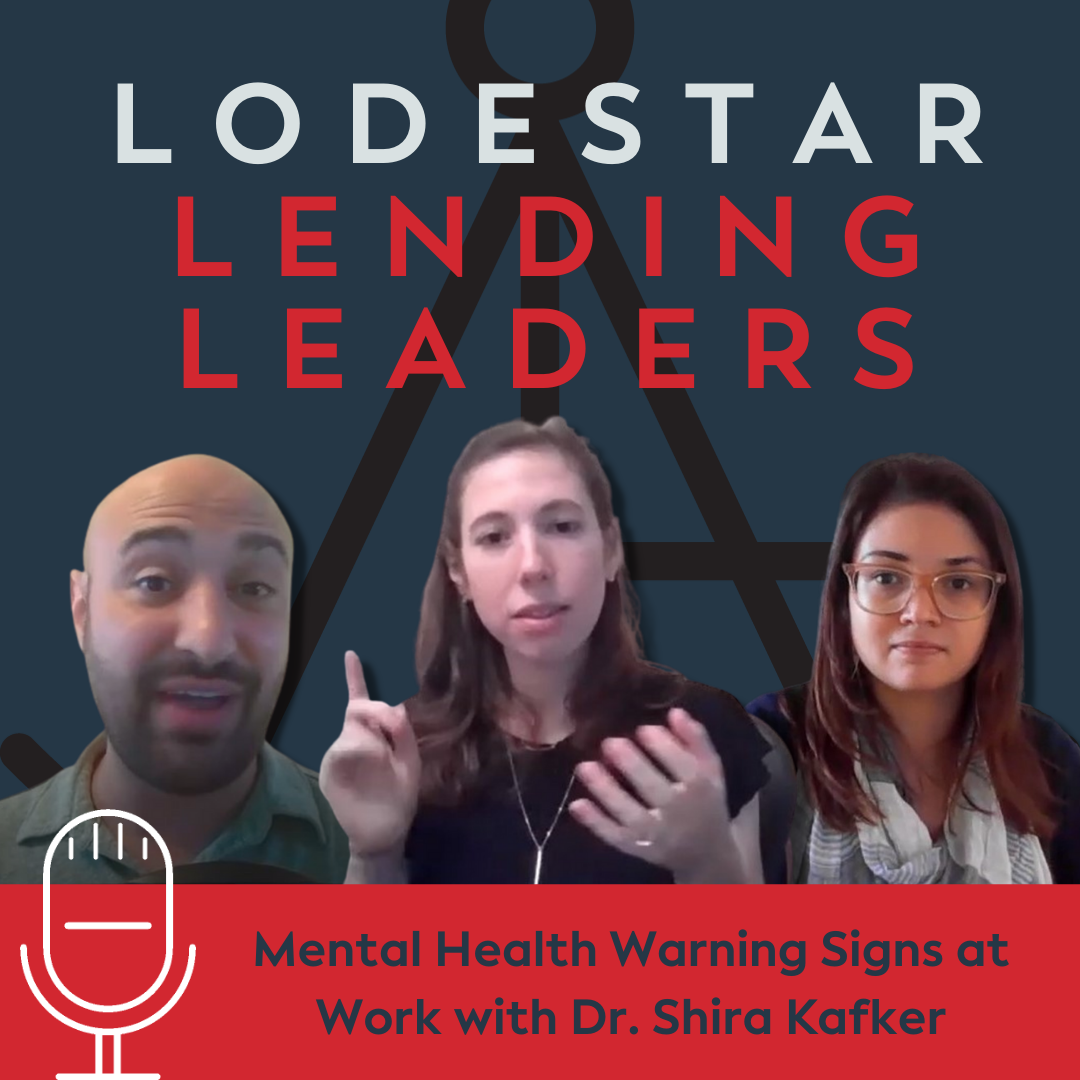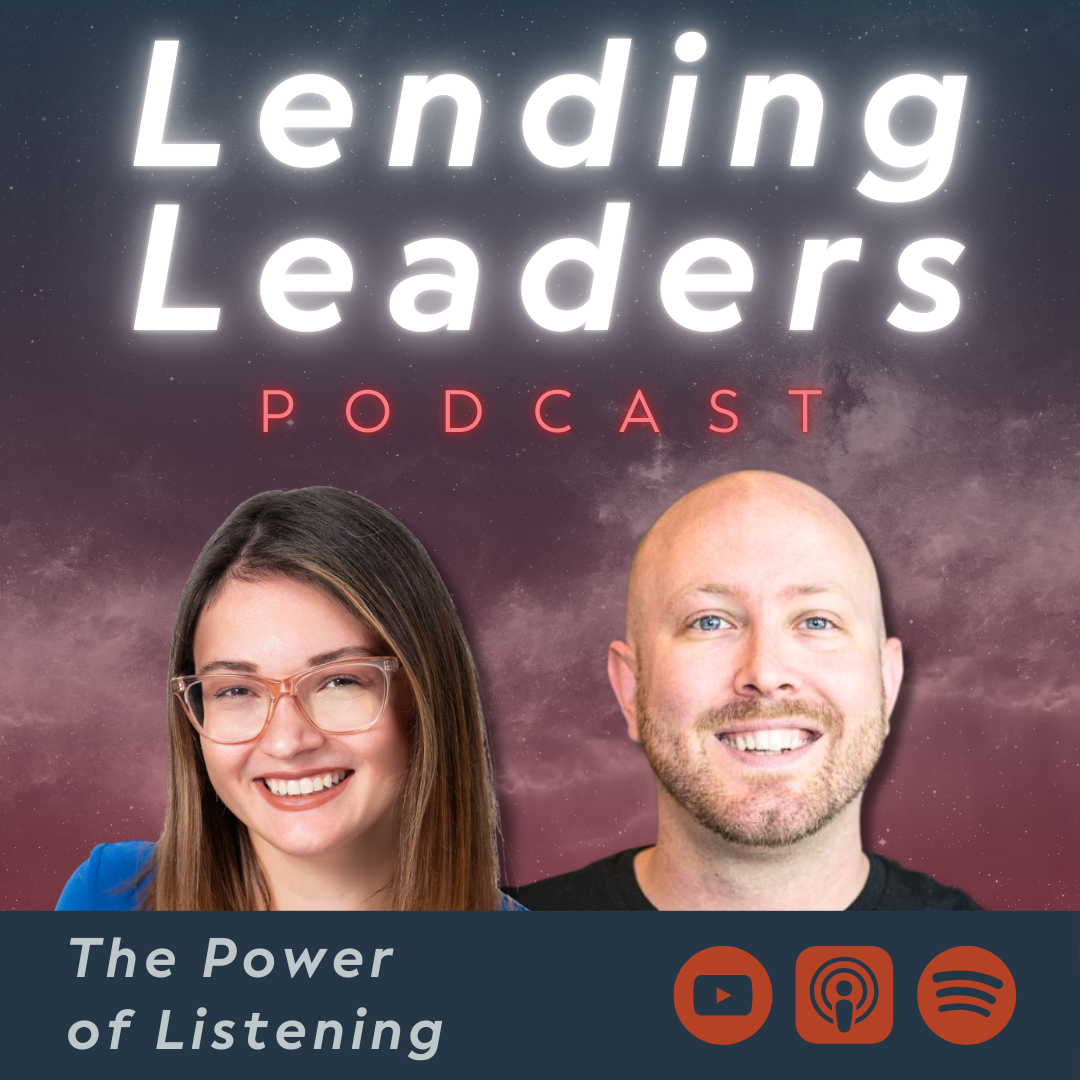

As you may already know, we at LodeStar are passionate about promoting mental health awareness. September was National Suicide Prevention and Awareness Month, so there was no question we would be getting out, spreading the word and doing our part toward raising awareness. As part of that effort, we were honored by a visit with Dr. Shira Kafker to discuss this critical topic.
The State of America’s Mental Health
Dr. Kafker noted that what was already a major issue for many Americans was only exacerbated by the pandemic, along with the corresponding widespread social isolation and WFH, leading to an increase of about 5% of people diagnosed with anxiety and depression—the primary drivers of suicide. Dr. Kafker noted that anxiety and depression are especially prevalent for people ages 18 to 35, which has had an impact on the suicide rate in that group as well. In fact, suicide was the second leading cause of death for Americans between the ages of 10 and 34 in 2020.
How Can We Spot Mental Health Challenges in the Workplace?
Dr. Kafker suggested that co-workers, colleagues and even supervisors shouldn’t ignore mental health challenges just because they’re at work. We can help, first and foremost, by recognizing the warning signs of anxiety or depression. Those include significant changes in one’s typical behavior; unusual statements like “I’m feeling like a burden on the team;” notable withdrawal from social opportunities like team projects and even suggestions of sleep pattern changes (sleeping all the time or not sleeping at all).
How Can We Help?
Dr. Kafker also suggested that co-workers and even supervisors should not be hesitant to bring what they perceive to be potential mental health struggles safely into the open. Of course, inquiring about one’s mental health from a supervisory position can create its own unique challenges, so Dr. Kafker emphasized the importance of being clear that the conversation is occurring in a safe space.
It’s important to ask someone who might be struggling what’s going on, and ask directly. Dr. Kafker reminded us that suggesting or referring that person to a mental health professional is almost always the best course of action.
Who Should One Go to for Help?
For those seeking to find mental health professionals who will work with health insurance, Dr. Kafker suggested ZocDoc.com or one’s own insurance carrier can be great resources for finding qualified mental health professionals. She further recommended that one research the professional’s expertise, style, and specialty. Psychology Today, social media and even Googling “therapists near me,” can all help as well.
But just finding a good therapist is not enough, according to Dr. Kafker. The natural “fit” between therapist and client is just as crucial. Dr. Kafker suggested that the therapist-patient relationship should not be one where the patient perceives that the therapist has all the power while the patient feels he or she should subject himself to the therapist’s expertise with no questions asked. She recommended scheduling a (free) consultation before engaging with a therapist long term, sight-unseen.
If you’re not ready for therapy…
Dr. Kafker pointed out that not everyone is instantly ready for therapy solely because they’re facing mental health challenges. But there are other things that can help, especially with anxiety and depression. Start with solutions for the body (diet, exercise, sleep, avoiding excess substance use); mind (take breaks from the news or other negative situations) and emotions (spending time with loved ones—family or friends or pets. Engage in anything that makes you happy.).
To reach the National Suicide Prevention Lifeline, dial 1-800-273-8255. We can all help prevent suicide. The Lifeline provides 24/7, free and confidential support for people in distress, prevention and crisis resources for you or your loved ones, and best practices for professionals.

